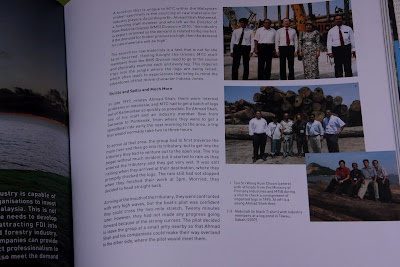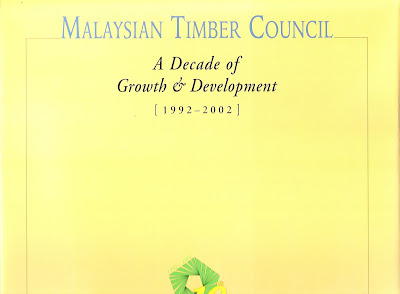Several Malaysians I know are in London and they are bound to have periods of lull in between their activities, including shopping. So while they wait here and there, they might fancy holding a book in their hands (and reading it), and I have just the title for them - Watching the English by Kate Fox. It is a rather tongue-in-cheek study of 'the hidden rules of English behaviour'. She has other books to her credit, the titles of which indicate that she has fun in choosing her subjects; one of them is the The Racing Tribe: Watching the Horsewatchers.
In the book above, Fox, who is a social anthropologist, breaks down her observations into two parts - Conversation Codes and Behaviour Codes. In the first part, there is a chapter on 'The Weather' because, as she declares in her opening line, "any discussion of English conversation, like any English conversation, must begin with The Weather". We had learned this to be true during our holidays in England, when we discovered that the weather is indeed the best way to strike up a conversation with a local. Even if it's just to say something as obvious as "it's raining quite a bit, isn't it?" to the stranger sharing the table with you in the cafe, while both of you look out at the drenched view outside.
To Fox, her English compatriots can be described as "self-conscious, ill-at-ease, stiff, awkward and, above all, embarrassed", which of course brings to mind the quintessential English gentleman in the film Bridget Jones's Diary - Mark Darcy, played by one of my favourite actors Colin Firth. The film and the book are good examples of another English trait highlighted in Fox's book, that of humour, which is one of irony, understatement and self-depreciation. Being a fan of English comedy (the Monty Python television series and Fawlty Towers come to mind), these are elements I appreciate rather than the slapstick type common to American humour.
As far as behaviour is concerned, Fox observes that "the English may not speak much on public transport, but when they do open their mouths, the words you are most likely to hear, apart from 'sorry', are 'please' and 'thank you'". However, she warns, this "does not mean that we are good-natured, generous, kind-hearted people. We just have rules about Ps and Qs, which most of us observe, most of the time".
I had a great laugh reading this book, and I still do when reading it again. If you're doing so in public, you might see a raised eyebrow or two as you giggle through its pages.
























